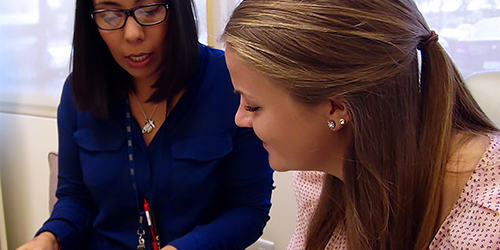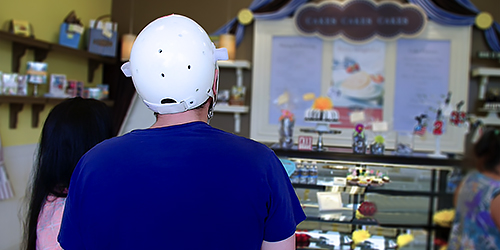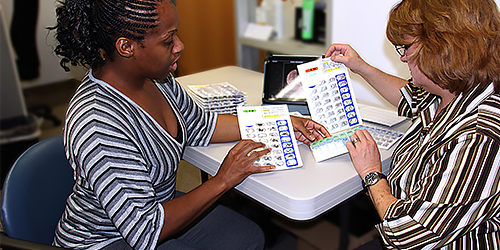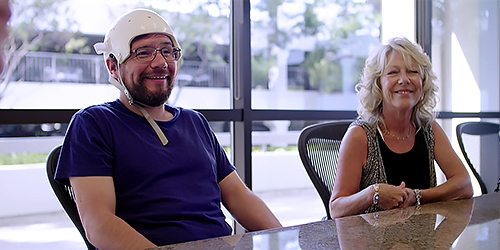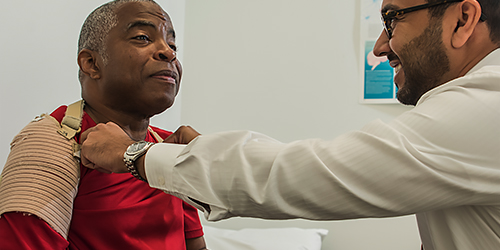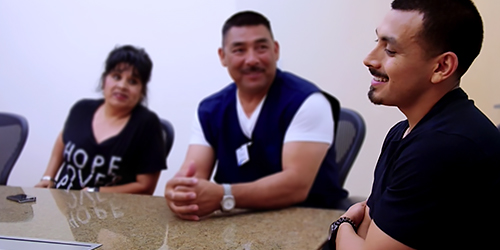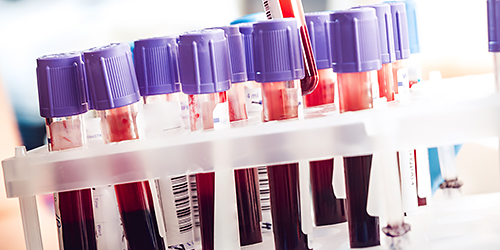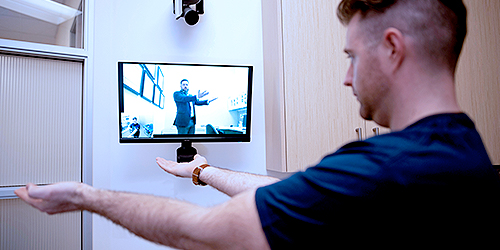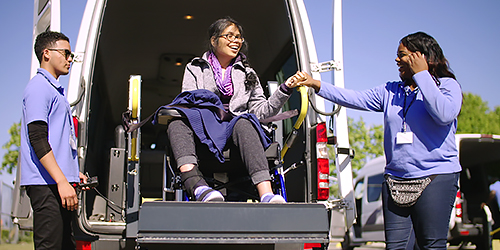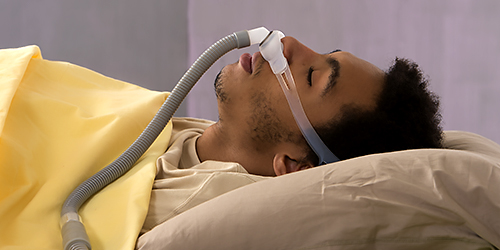Case Management
Case managers collaborate frequently with other therapists on the patient’s team to ensure patients are maximizing rehabilitation. The patient’s sphere of support is informed by the case manager on progress in behavior, speech, medication, physical therapy, cognition, self-care, occupational therapy, education, counseling, academic skills, money management, and emotional adjustment.
Read More
Community Re-entry Assistance
Re-integration is a core objective for each patient. In the clinic and CNS residences, therapists focus on skills that ease the transition to home, work, and interface with the public. CNS will also help patients practice re-entry skills in real-world settings.
Read More
Disease Management
Our multidisciplinary approach includes oversite by physicians, neurologists, neuro-optometrists, and a host of clinical professionals. When brain injury includes more complicated or intense medical issues, CNS provides expert care or can refer patients to disease management professionals.
Read More
Family Education
Brain injury impacts a patient's family and sphere of support, often causing confusion and frustration. We offer professional therapeutic counseling in groups and individually for spouses, children, relatives, and others close to the patient.
Read More
Medical Coordination
Many types of brain injury require medical attention. CNS has an array of resources within the clinic and in the community to address issues associated with the injury. Medical needs and coordination of services is integral to the patient’s treatment plan and is discussed with the family.
Read More
Multicultural Programming & Services
We recognize and honor the needs and preferences of a patient’s culture. Interpreters are used to support the treatment process, special dietary needs, and religious practices and observances are honored.
Read More
Neuroendocrine Testing
Some patients may be deficient in essential hormones that are diminished due to a brain injury. To recover successfully, neuroendocrine testing is available. Appropriate hormone therapy is assessed and administered based on physician input.
Read More
Nursing
Each clinical location has a nurse on staff who monitors the patient’s health. The nursing staff track medication usage and physical injuries, and collaborate with physicians and the staff to support optimal outcomes.
Read More
Telehealth
Telehealth is an innovative, secure technology that enables real-time clinical interactions across the entire continuum of care. This leading-edge communication system allows practitioners in one location to communicate with patients in another location. Anytime, anywhere, clinicians can address a host of health issues immediately, eliminating the need for patient travel whenever possible.
Read More
Transportation Services
Patient safety is paramount, especially in transporting patients to and from the clinic. The Transportation Services Department serves with compassion and professionalism. Drivers are professionally trained and certified in working with the brain injury community.
Read More
Sleep Hygiene
Restoring sleep is essential to a patient’s return to the rhythm of life. The clinical, nursing, and physician staff can develop strategies that support sleep hygiene. These include new habits and practices, dietary changes, and lifestyle modifications.
Read More
Substance Misuse Program
Recovery from substance misuse is daunting for anyone, but for those who’ve also experienced a brain injury, the process can be much more complicated. Getting and staying sober is essential for best outcomes, but alcohol and drug treatment alone doesn’t address the cognitive deficits and other issues related to brain injury. CNS understands these challenges and offers an individualized program designed for persons who’ve endured a brain injury and also have a history of substance misuse.
Read More


